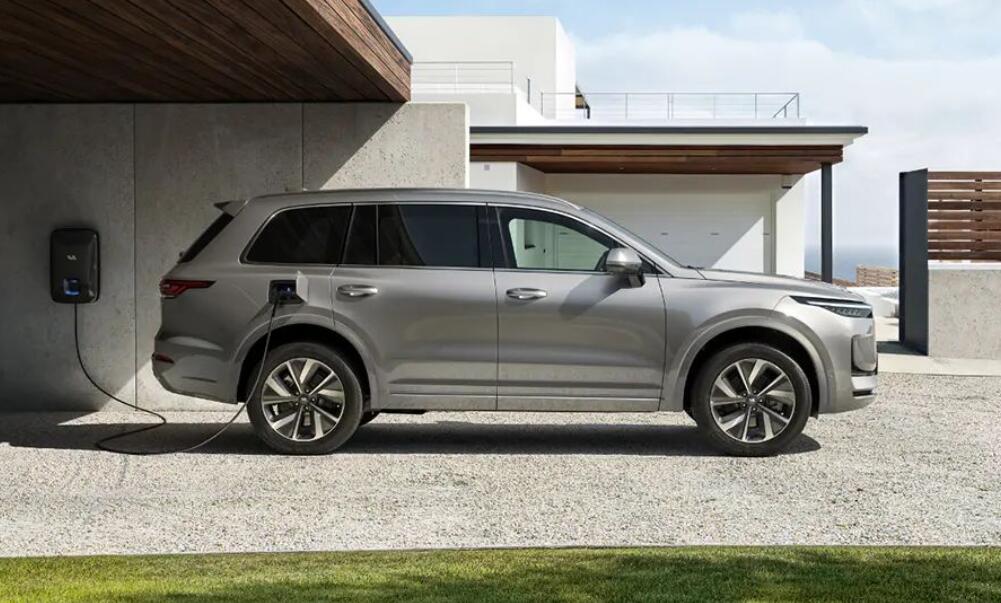Li Auto aims to have its fast-charging network cover 36 national highways by 2025.
(Image credit: Li Auto)
Li Auto (NASDAQ: LI, HKG: 2015) wants to build more than 3,000 supercharging stations in China by 2025, the company's vice president, Sun Guangmin, said in a speech at the China EV 100 forum Sunday.
By 2025, Li Auto wants its fast-charging network to cover 36 national highways, or 90 percent of the range of vehicles driven, Sun said.
With electric vehicle ownership continuing to increase, building charging facilities along highways will be a focus of Li Auto's future efforts, he said.
Notably, Li Auto's only current model, the Li ONE, is an SUV with extended-range technology, and its soon-to-be-announced new SUV, the L9, will also feature that technology.
The Li ONE and L9 are essentially plug-in hybrid SUVs, although they are powered directly from the battery, not the engine.
Starting in 2023, Li Auto will launch two new platforms, the Whale as well as the Shark, and plans to launch at least two premium all-electric vehicles each year by then, according to a prospectus it filed with the Hong Kong Stock Exchange in late July last year.
Starting in 2023, its X platform will also be used to produce pure electric vehicles. And Whale, as well as Shark, are all-electric vehicle platforms, according to the prospectus.
Li Auto said it is investing heavily in high-voltage pure electric vehicle technology. "We are focused on developing pure electric vehicles with ultra-fast charging capabilities, or high-voltage pure electric vehicles, which we believe will deliver a superior charging experience," the prospectus stated.
Separately, Li Auto founder, chairman and CEO Li Xiang said in a presentation at the China EV 100 forum that in major Chinese cities, the Li ONE has driven more than 64 percent of its miles on battery power alone, accounting for more than 80 percent of the hours of use.
The Li ONE is powered by a 40.5kWh battery pack and has an NEDC battery range of 188km. The company's new SUV, the L9, will have a 44.5kWh battery pack and a battery range of 215km.
For comparison, Li Auto's local counterparts Nio (NYSE: NIO, HKG: 9866) and Xpeng Motors (NYSE: XPEV, HKG: 9868) have been producing only pure electric vehicles from the start and have established their own power-up systems.
As of March 27, Nio had 876 battery swap stations in China, 232 of which are located along highways, according to data monitored by CnEVPost.
Nio also has 718 supercharging stations providing 3,996 charging piles, 678 destination charging stations providing 3,792 charging piles, and access to over 480,000 third-party charging piles.
As of January 17, the number of Xpeng-branded supercharging stations stood at 813 and it also has 166 destination charging stations, according to data previously released by the company.
Li Auto to launch L9 on April 16, boasts 0-100km/h in 5.3 seconds
Become A CnEVPost Member
Become a member of CnEVPost for an ad-free reading experience and support us in producing more quality content.
Already a member? Sign in here.

